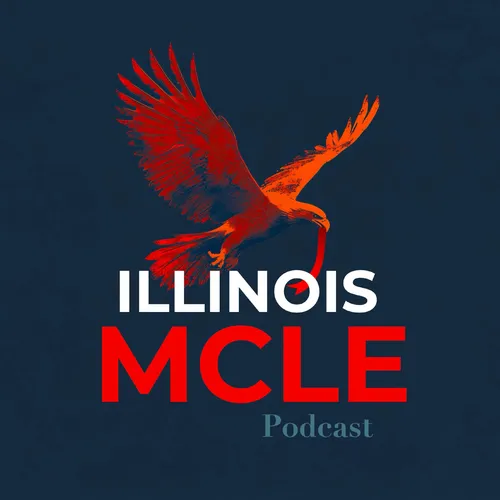
Illinois MCLE Podcast
The Illinois MCLE Podcast by TalksOnLaw is a series of enjoyable interviews with leading law professors, practitioners, and judges. Topics from police power, to technology and privacy, to the ownership of DNA. All subscribers can enjoy our interview series with the titans of law. MCLE credit for this series is available only to our TalksOnLaw premium or TalksOnLaw podcast member. Visit www.talksonlaw.com to learn more and join. Courses are accredited on the date published. However, visit www.TalksOnLaw.com/podcast to confirm whether older courses remain active for MCLE reporting purposes.
- Update frequency
- every 7 days
- Average duration
- 43 minutes
- Episodes
- 54
- Years Active
- 2022 - 2025
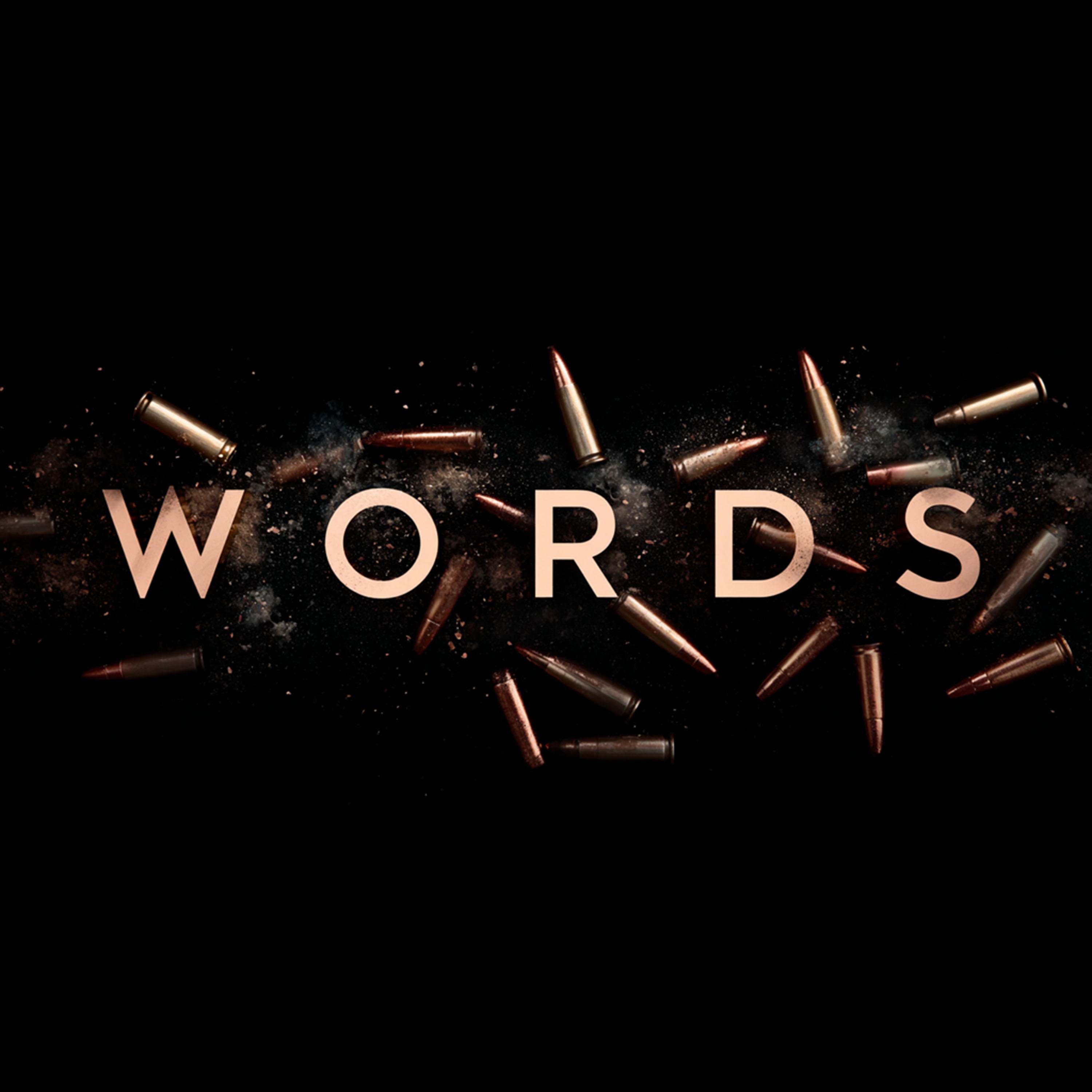
Defending Words
Free speech has long been a constitutional cornerstone in the United States—but in recent years, calls for censorship have surged. Whether in response to hate speech, misinformation, or online harm, …
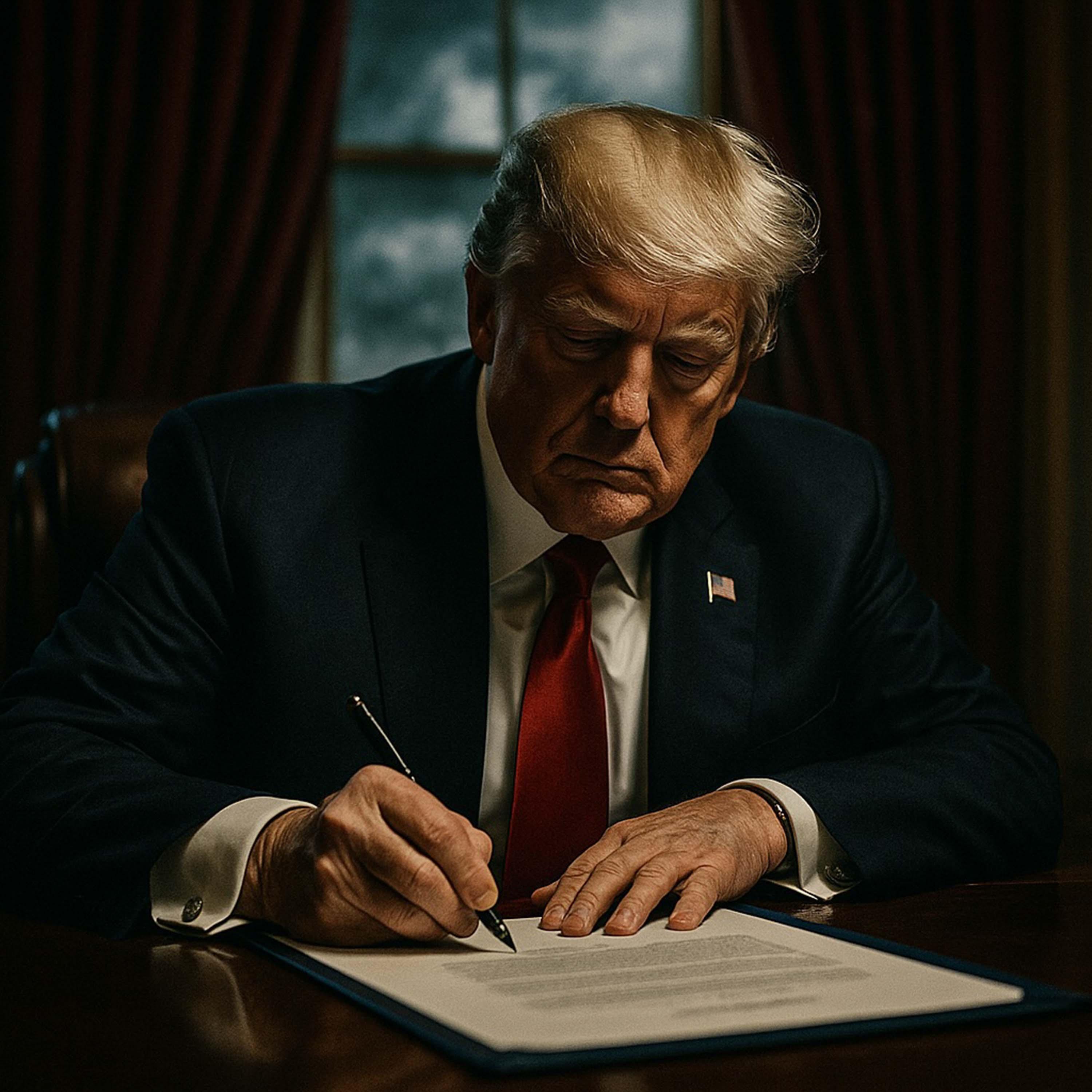
Trump Orders: Law Firms on the Line
When a string of 2025 executive orders barred select law firms from federal buildings, revoked security clearances, and threatened to cancel their clients’ government contracts, Big Law took notice. …

Scroll Control – Regulating Social Media for Kids
Growing evidence links heavy social‑media use to rising anxiety, bullying, and sextortion among kids, and state lawmakers are racing to respond. In this interview, Harvard Law School’s Leah Plunkett—…

Confronting the Disinformation Engine
Digital platforms now enable the near-instantaneous distribution of information, including misinformation and disinformation, to vast audiences. Disinformation refers to false or manipulated informat…
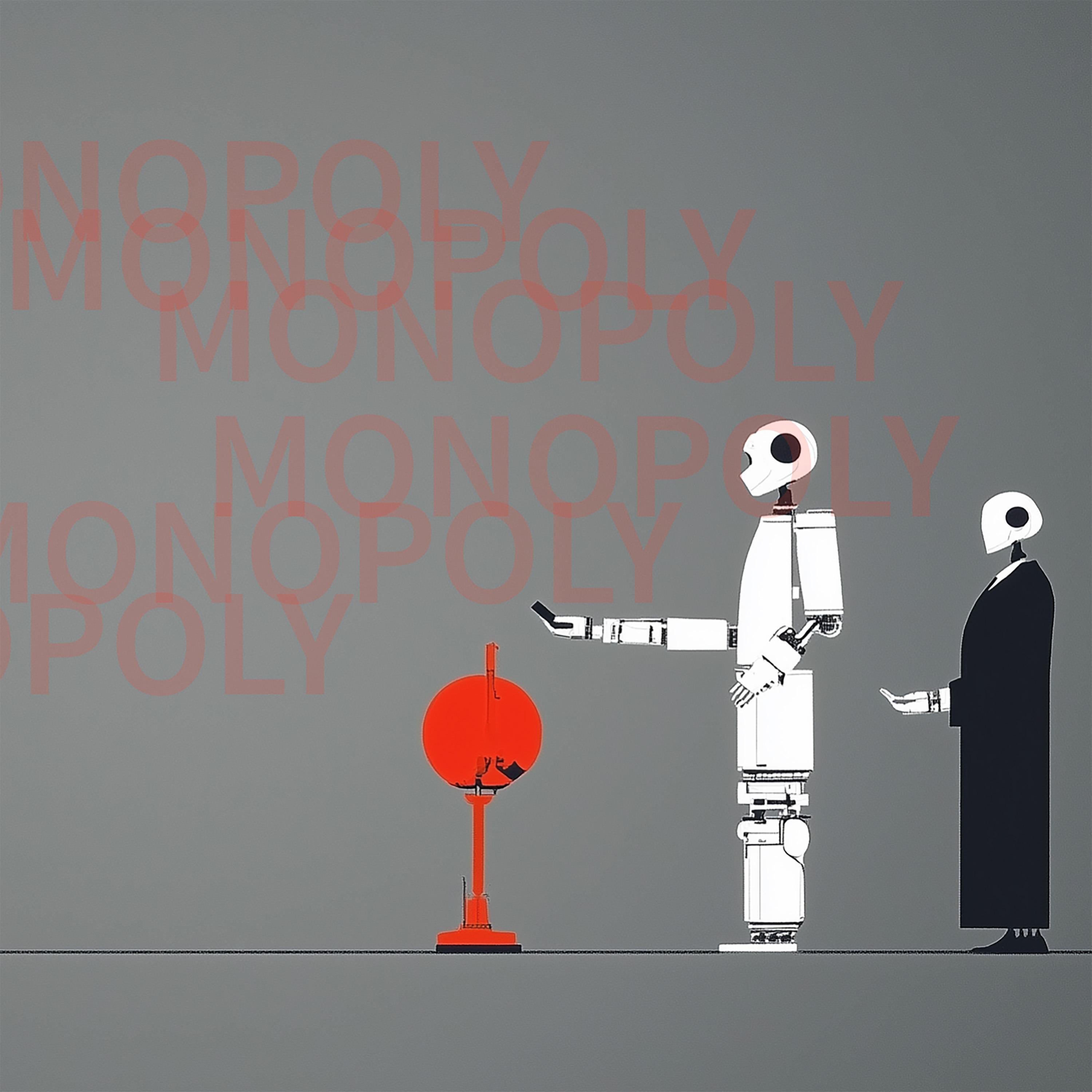
Regulating AI as a Natural Monopoly
As artificial intelligence systems become increasingly expensive and resource dependant to develop, a question arises: Are we witnessing the emergence of AI as a natural monopoly? In this conversatio…

A Lawyer's Addiction with Brian Cuban
The legal profession faces alarmingly high rates of substance abuse and mental health challenges. In this conversation, Brian Cuban, attorney, author, and addiction recovery advocate, explores the sy…
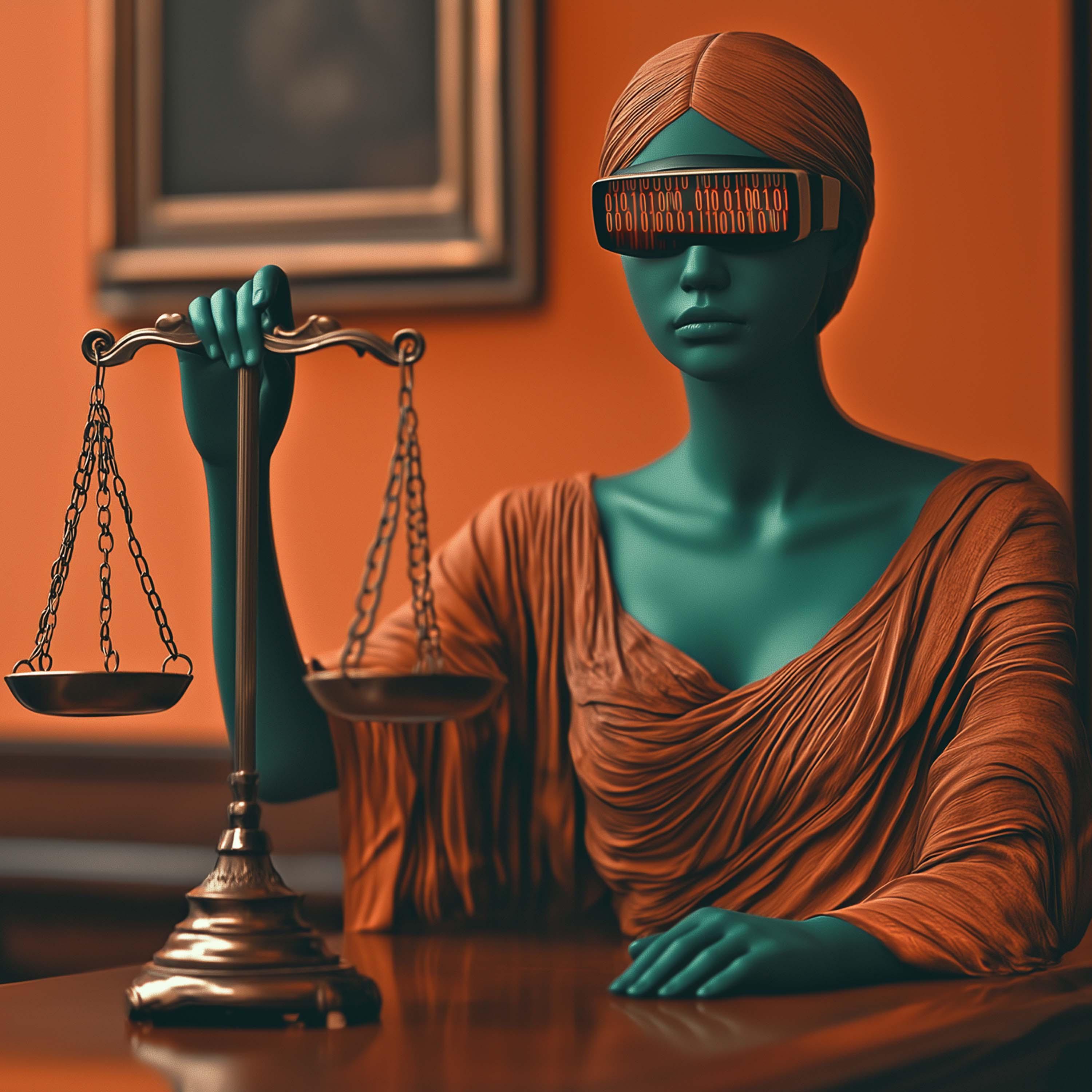
Lawyers + LLMs: AI Ethics
AI is changing how lawyers do their work and raising questions about how lawyers can harness artificial intelligence consistent with their professional responsibilities. Georgetown Law Professor Tani…

Criminal Lab-Grown Meat
The sale and production of lab-grown meat have been criminalized in Florida and Alabama, with other states considering similar legislation. Food law expert Professor Michael Roberts from UCLA Law Sch…
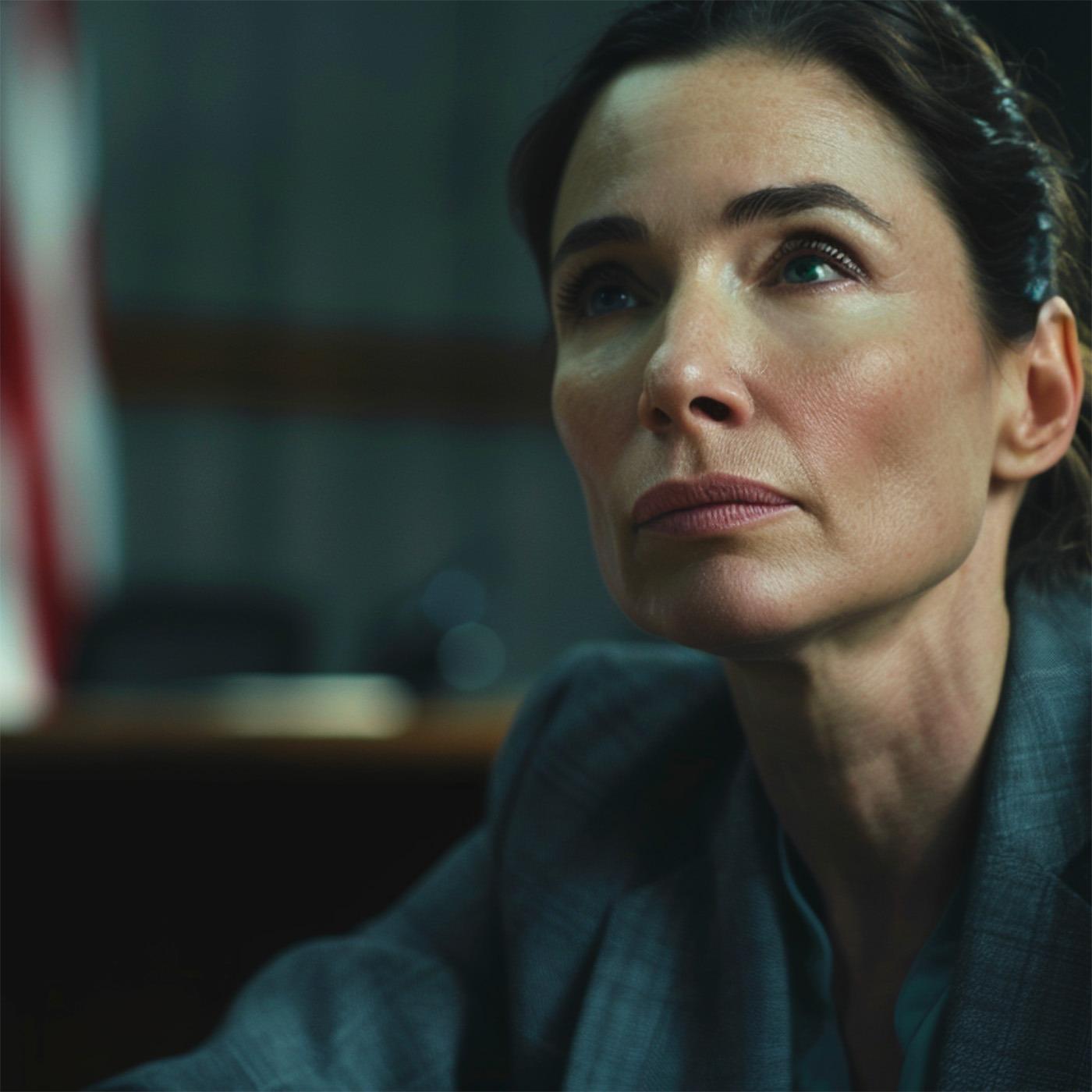
Prosecutorial Discretion – Power & Responsibility
Prosecutors have full discretion as to both which charges to bring as well as to whether or not to bring charges at all. The power of prosecutors extends far beyond the courtroom, shaping the traject…

Deadly Force as Self Defense
The law of self-defense permits the use of deadly force under a strict set of conditions: the threat must be both imminent and unlawful, and the response, both necessary and proportionate. But what o…

Titanic Liability
In the realm of maritime law, ships possess a unique legal characteristic: their total liability in the event of an accident is generally limited to the value of the ship post-incident. This principl…

Injustice by Forensics
Forensic science, when applied rigorously, has the power to catch and convict criminals, but when mishandled, can lead to tragic miscarriages of justice. In this eye-opening interview with Prof. Bran…
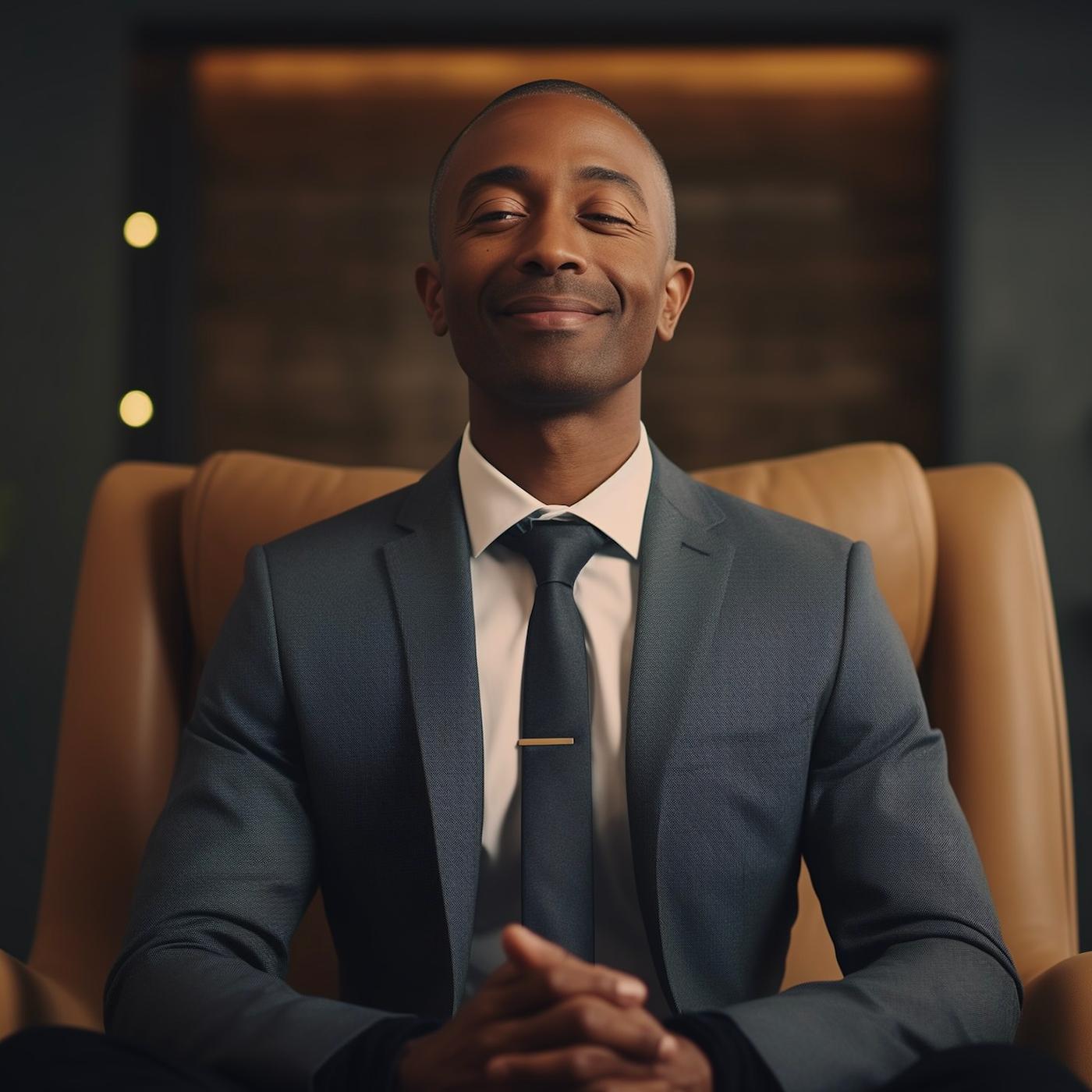
A Mindful Lawyer
The legal profession is known for its high-stakes, high-stress lifestyle. The dangers of stress to mind and body are similarly well known. However, as one endocrinologist famously put it, “It is not …

War Crimes – Israel and Gaza
In the volatile conflict between Israel and Gaza, the line between legitimate military action and war crimes is often blurred. Professor Michael Newton, an expert in the laws of war, begins with a br…

Dying Without a Will
When you die without a will, the default rules of inheritance law kick in, allocating assets based on established formulas and hierarchies. In this conversation, Prof. John Morley (Yale Law School) e…

SFFA v. Harvard
Students for Fair Admissions v. Harvard College signals a radical shift in how the Supreme Court views favoring racial diversity and affirmative action in higher education. Chief Justice John Roberts…

Why Law Firms Implode
Law firm failures do not merely fall off into bankruptcy - they are spectacles of grand implosions. American law firms suffer from unique structural risks that can drive these formidable institutions…

Police Commands & Police Coercion
Police commands are the cornerstone of law enforcement, at once projecting the authority of the state and instantly creating legal obligations for which the failure to comply can result in arrest, de…

Economic Incentives for Diversity
Diversity and inclusion are laudable goals, but how can change be created in an industry driven by tradition and financial return? This interview explores the concept of using economic incentives and…

Lady Justice
The role of women in the legal profession is more bigger than a statistic, or headcount. Journalist Dahlia Lithwick shares insights from her beat (American courts and the law) about the insurgent rol…